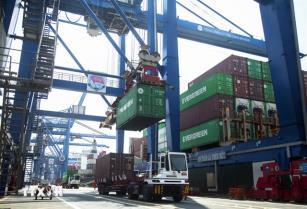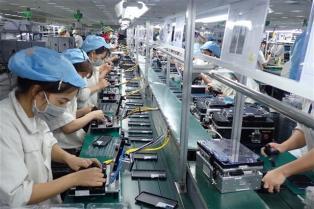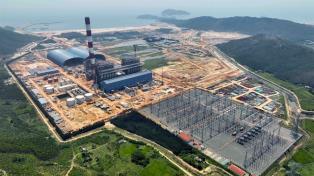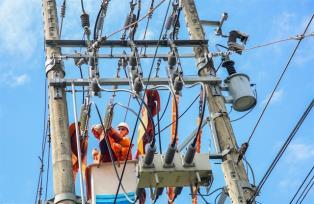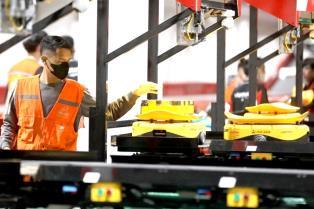The plastics sector now generates an estimated value of US$32 billion, accounting for around 6–7 per cent of Việt Nam’s industrial output.
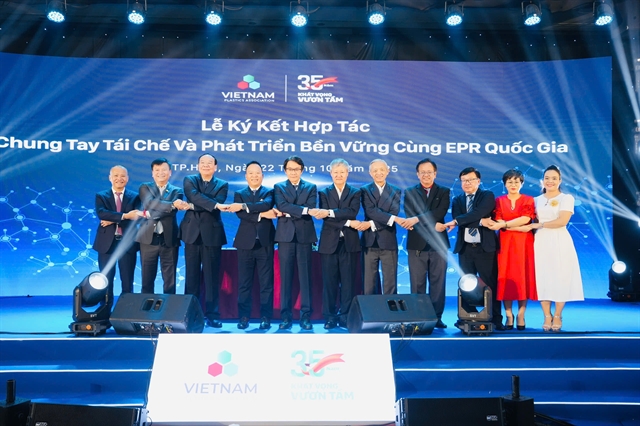
HÀ NỘI — The Việt Nam Plastics Association (VPA) has marked its 35th anniversary as one of the country’s most dynamic export-oriented sectors, with more than 4,000 member enterprises contributing significantly to national growth.
Established in 1990, when the industry was still in its infancy, VPA has played a central role in connecting businesses, promoting technology transfer and supporting industrial development.
The plastics sector now generates an estimated value of US$32 billion, accounting for around 6–7 per cent of Việt Nam’s industrial output, employing more than 250,000 workers, and exporting to over 190 countries.
At the 35th anniversary celebration, a panel titled 'Việt Nam’s Plastics Industry in the Era of National Rise' gathered policymakers, experts, and business leaders to discuss the sector’s future direction amid increasing environmental and trade requirements.
VPA Chairman Đinh Đức Thắng said global markets were tightening regulations on green standards and sustainability, urging Vietnamese firms to transform their production and governance models.
“We are entering a new phase where environmental protection and green trade requirements are becoming increasingly stringent,” he said.
“This is an opportunity for the industry to restructure its growth model, enhance technology, and align with ESG standards.”
According to Thắng, emerging regulations such as Extended Producer Responsibility (EPR), eco-design and traceability are not obstacles but drivers for innovation and competitiveness.
Under his 2023-28 leadership term, VPA has identified key priorities, including promoting sustainable, quality-driven growth, accelerating the circular economy and strengthening co-operation among government, businesses and international partners.
The association is also working with relevant ministries to refine policy frameworks, develop national eco-design standards, and pilot recycling models in local communities.
Thắng said the industry’s long-term goal is to secure domestic material supply, reduce import dependence, and build a more sustainable production base.
“Our aspiration for advancement is not a slogan - it is a commitment to action,” he said.
As Việt Nam advances its green growth agenda, the plastics sector is expected to play a key role in balancing economic expansion with environmental responsibility, contributing to a more sustainable and competitive national industry. — VNS

